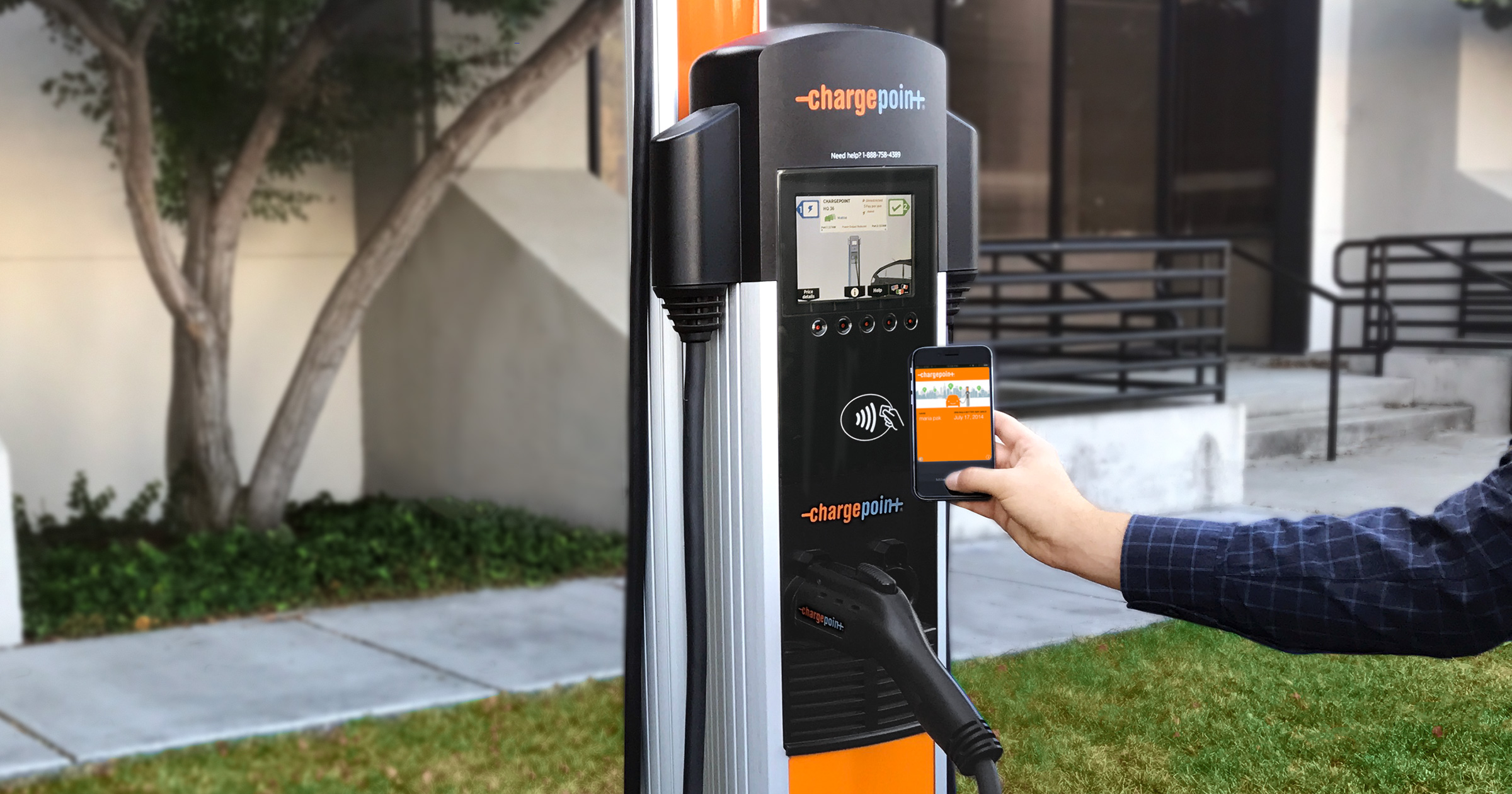
This has not been a good year for growth stocks. Faced with rising inflation and the imminent threat of recession, investors have looked for value plays and parking places. High dividend yields and the strong dollar fit the bill.
Left behind in the race to safety are any number of growth stocks that offer significant rewards for investors willing to take the risk and willing to wait. J.P. Morgan analysts Bill Peterson and Mahima Kakani have identified three top picks in the transportation and transportation fuel industry that they believe are well-positioned to achieve long-term success.
In a note to investors Thursday morning, the analysts review their Overweight ratings and price targets on electric vehicle (EV) charging company ChargePoint Holdings Inc. (NYSE: CHPT), advanced battery maker Enovix Corp. (NASDAQ: ENVX) and hydrogen fuel supplier Plug Power Inc. (NASDAQ: PLUG).
All three got a temporary boost from the Inflation Reduction Act, but the glow wore off quickly for Enovix and Plug Power. Both now trade slightly lower than they did before it became clear that the Biden administration had the votes to pass the legislation. Enovix jumped more than 70% in August and has managed to retain about half that gain. Still, J.P. Morgan analysts believe that “these stocks can outperform over the next several months with a likely unimpeded demand profile even if we enter into a recession later this year or next year.”
ChargePoint came public in March of 2021 through a SPAC merger, and the stock is down about 48% since then. It touched an all-time low in May of this year and has jumped nearly 62% in the past four and a half months. J.P. Morgan calls ChargePoint the “clear leader” in the North American direct current (Level 2) market with “increasing growth opportunities in direct current fast charging (DCFC) markets in North America and Europe.”
Peterson and Kakani see revenue growth over the next five to 10 years being faster than EV revenue growth in the two markets “driven by new opportunities in commercial and fleet operations.”
The analysts’ December 2023 price target on the stock is $20, implying upside potential of 22.5%, based on a current trading price of around $15.50. The average price target of 20 analysts is $15.50, with a range from $13 to $46. Downside risks include increased competition, slower-than-expected growth in the EV industry, supply chain disruptions and fickle customers.
Battery maker Enovix came public in a SPAC merger in July of last year, and shares currently trade about 12% higher. Since posting an all-time low in May, the shares are up about 140%. The company’s main growth driver is an advanced silicon-anode lithium-ion battery that increases energy density and high cycle life.
Peterson and Kakani claim that this already-commercialized product is “potentially years ahead of many of its competitors.” Product differentiation and scale are expected to drive margin expansion and long-term profitability.
J.P. Morgan’s price target on the stock is $28, a potential increase of 40% from the current trading price. The average price target from a group of eight analysts is $48.38, ranging from a low of $25 to a high of $100. Downside risks include a more slowly developing EV industry, execution risk, capital intensity, failure to scale, longer-term high prices for materials and a notoriously variable consumer market for the company’s batteries that power wearables, cell phones and laptops.
Plug Power has a longer history than either of J.P. Morgan’s other top picks. The company was founded in 1997 and became publicly traded in 1999 at $15.00 a share in a traditional initial public offering. Over the past 20 years, Plug Power has never posted positive earnings per share. What gives the analysts their upbeat view is the company’s proton-exchange membrane (PEM) electrolyzer technology and recent deals with major players Korea’s SK Group and Renault, among others, in the green hydrogen space. The analysts think the total size of Plug Power’s market may exceed $200 billion. The company is targeting a compound annual growth rate of at least 50% in revenue to $3 billion by 2025 and more than $600 million in EBITDA.
Peterson and Kakani note that Plug Power is a “key leader in the emerging global hydrogen ecosystem …, with attractive expansion opportunities on the horizon.” The company also continues to innovate, seek more global partners and acquisitions, and win new customers.
The analysts have set a price target of $32 on the shares, implying upside potential of about 50% from the current trading price. The average price target from a pool of 28 analysts is $37.07 in a range running from $25 to $78. Downside risks include a drop-off in momentum investors, execution risk, customer losses, low oil and gas prices, more price competition from battery-electric vehicles, new competitors, changing government policy and “dilutive or disruptive” acquisitions.”
Credit card companies are handing out rewards and benefits to win the best customers. A good cash back card can be worth thousands of dollars a year in free money, not to mention other perks like travel, insurance, and access to fancy lounges. See our top picks for the best credit cards today. You won’t want to miss some of these offers.
Flywheel Publishing has partnered with CardRatings for our coverage of credit card products. Flywheel Publishing and CardRatings may receive a commission from card issuers.
Thank you for reading! Have some feedback for us?
Contact the 24/7 Wall St. editorial team.



